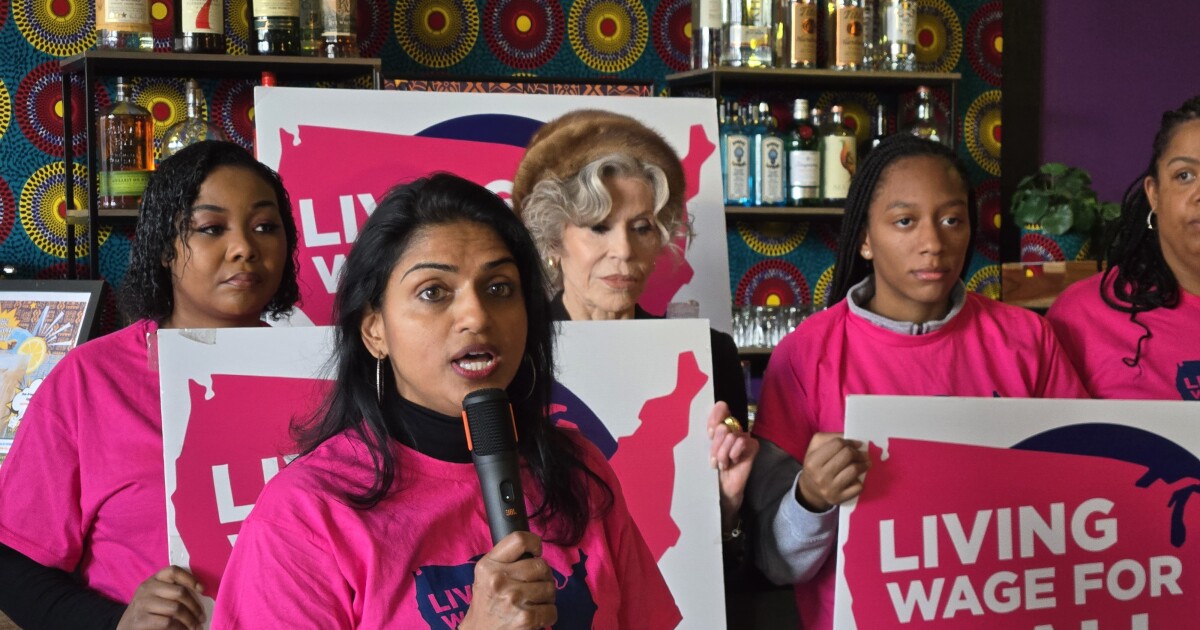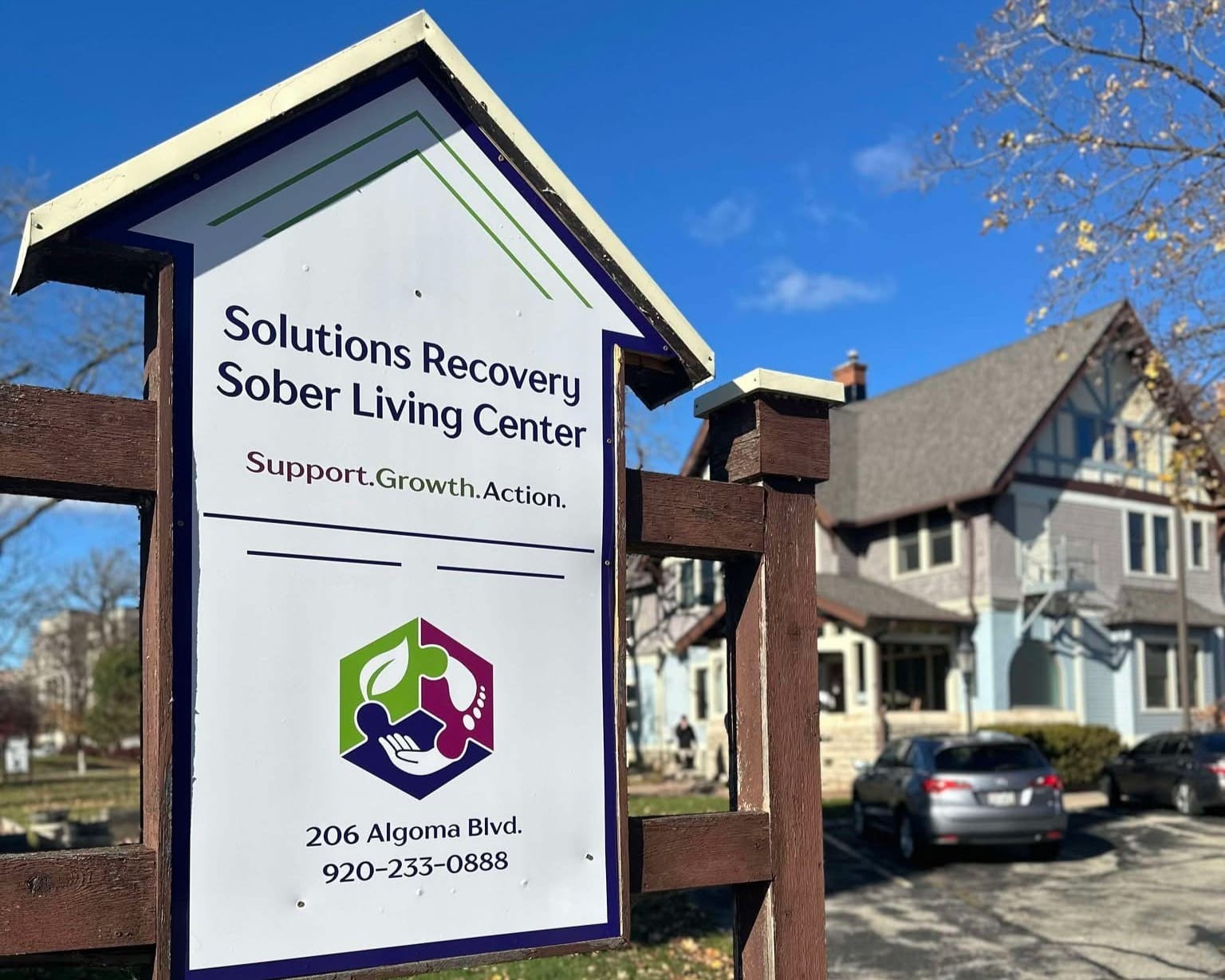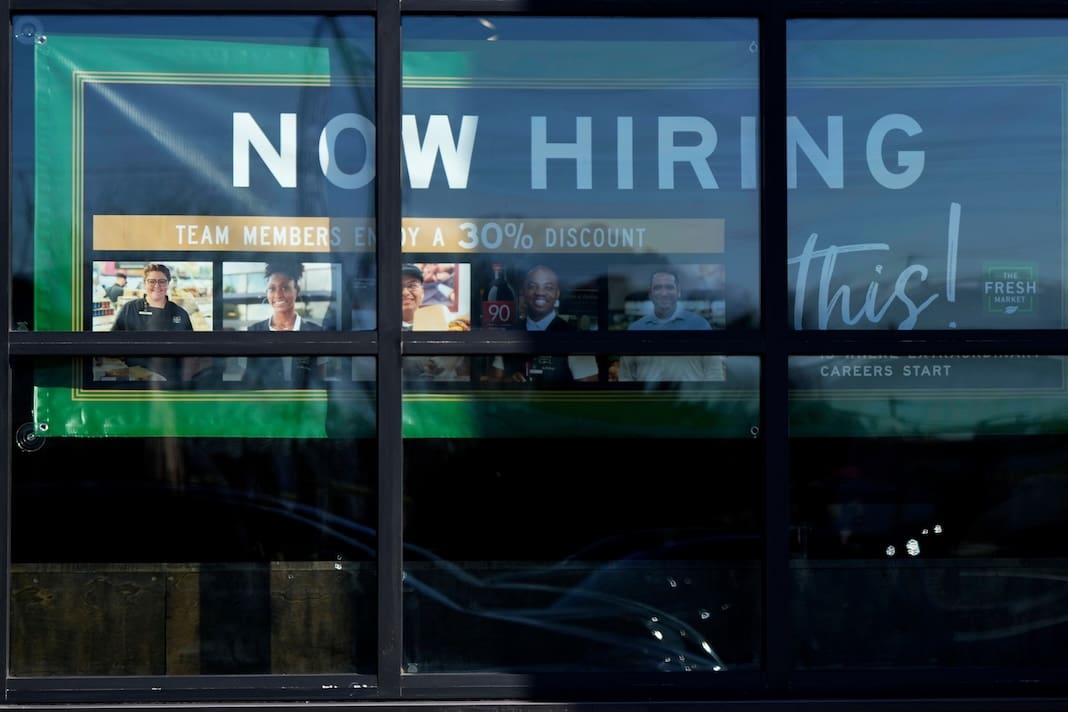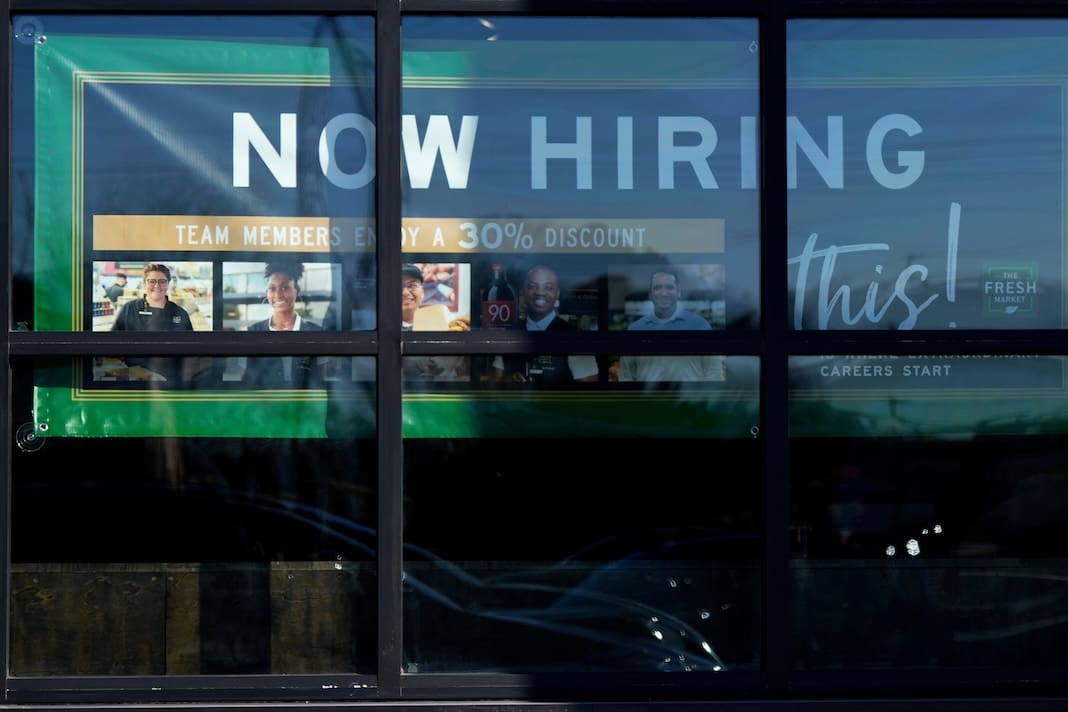The killing of conservative activist Charlie Kirk has prompted a wave of bipartisan condemnation of political violence, with leaders across the spectrum warning that democracy itself is at stake if the nation fails to step back from escalating hostility.
Former President George W. Bush called the attack described the attack as a direct assault on the open exchange of ideas. “Members of other political parties are not our enemies; they are our fellow citizens,” Bush said, urging Americans to purge violence and vitriol from public life.
Maryland Governor Wes Moore echoed that warning, declaring, “Political violence is unacceptable. We will not tolerate it, not now, not ever. The future of our democracy will depend on our ability to resolve political differences peacefully, and not violently.”
Other leaders highlighted how inflammatory rhetoric contributes to an environment where threats and violence become more likely. Senator Markwayne Mullin said the responsibility now lies with leaders to speak responsibly, noting that words can carry consequences: “We’ve all heard the saying, ‘Sticks and stones may break my bones, but words will never hurt me.’ That’s not accurate. We know that’s not true.”
Senator Thom Tillis was even more pointed, criticizing commentators who immediately used the tragedy to inflame partisan divisions. “It seems like a cheap, disgusting, awful way to pretend like you’re a leader of a conservative movement,” Tillis said.
Democratic leaders joined in with equally stark assessments. Pennsylvania Governor Josh Shapiro said the attack was part of a “growing type of unconscionable violence” that cannot be tolerated in society. DNC Chair Ken Martin went further, urging every political figure to “loudly condemn this violence” and work to “bring this country together, not divide it.”
The warnings underscore the fragility of America’s democratic norms. For more than two centuries, the United States has relied on peaceful disagreement and transitions of power as the foundation of its civic life. Leaders now caution that if violence becomes an accepted response to political conflict, that foundation will begin to erode.
Whether this moment becomes a turning point or a missed opportunity remains unclear. While many leaders have chosen to emphasize unity, former President Donald Trump and some allies have rejected the bipartisan appeals. That split highlights the challenge: even in the face of tragedy, not all voices are aligned on lowering the temperature of national discourse.
For now, however, the message from leaders in both parties converges on a simple truth: democracy cannot survive if Americans abandon civility for violence. The stakes, they warn, are nothing less than the future of the republic itself.










